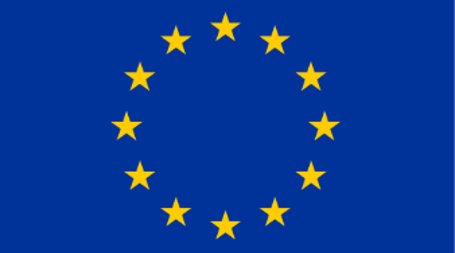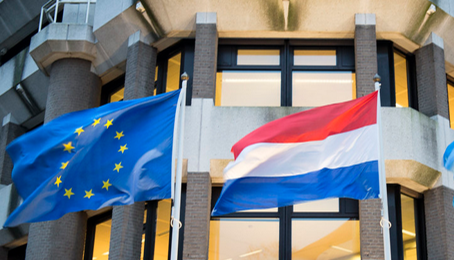Home - PR EU, Brussels
Welcome to the website of the Permanent Representation of the Kingdom of the Netherlands to the European Union in Brussels.
Pieter Jan Kleiweg de Zwaan
Ambassador, Permanent Representative to the European Union
Pieter Jan Kleiweg de Zwaan has been ambassador of the Netherlands to the European Union since February 2024.
More information about the Permanent Representative





